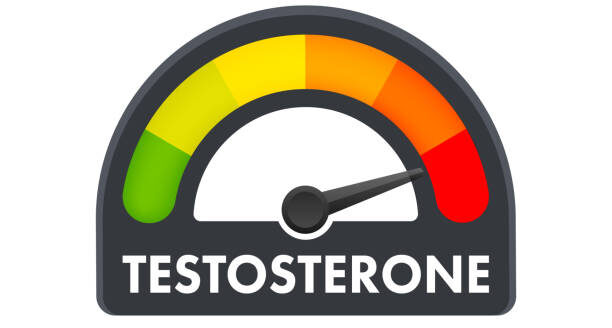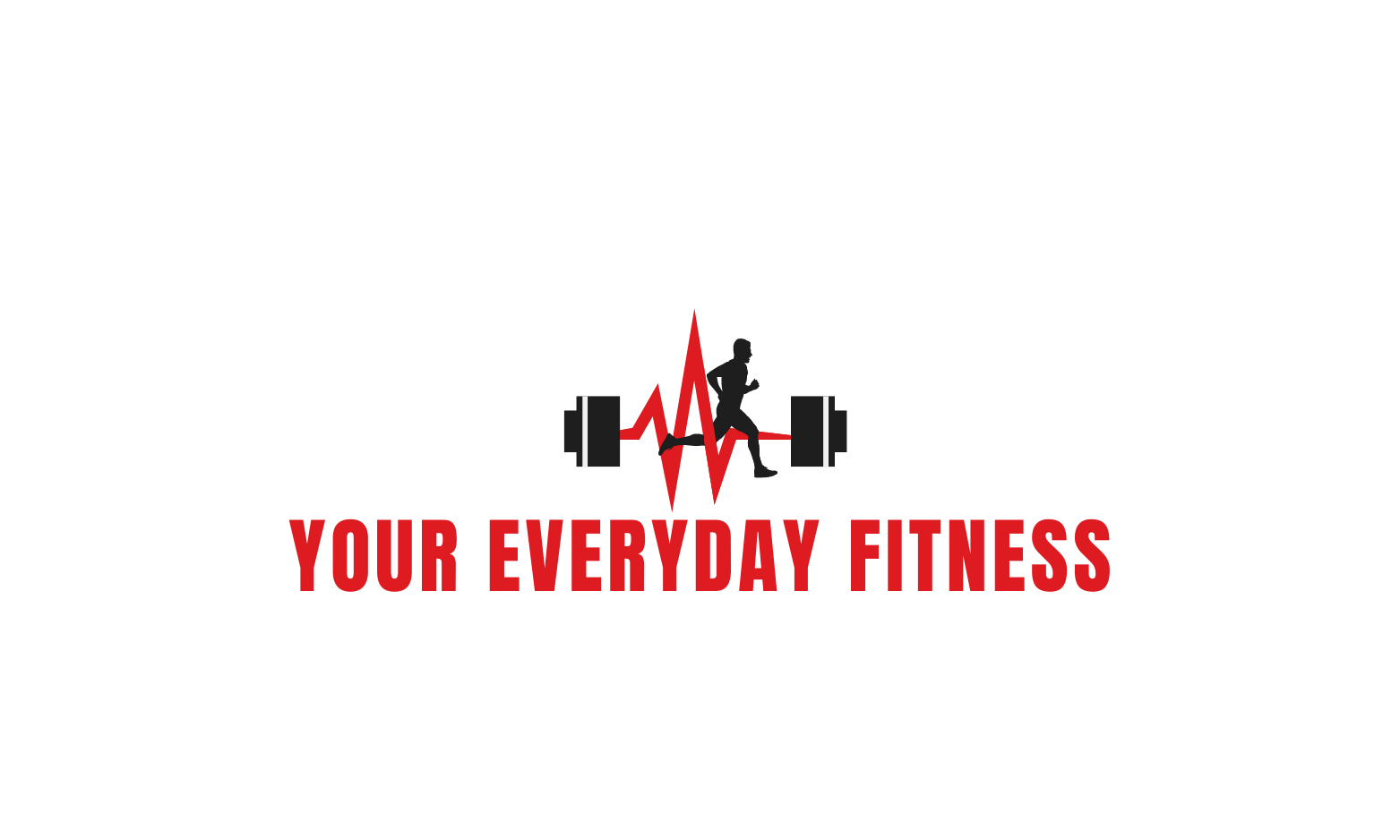Intermittent fasting is all the rage in the fitness world, especially among those who lift heavy and want to shed some pounds. Let’s break down what this buzz is all about and why so many gym-goers are jumping on the fasting bandwagon.
What is Intermittent Fasting?
Intermittent fasting is more about when you eat rather than what you eat. It’s a pattern that flips between eating and fasting periods. Here are the most popular ways to do it:
- 16/8 method: Fast for 16 hours, eat during an 8-hour window. So, you might eat from noon to 8 PM and fast the rest of the time.
- Alternate day fasting: Eat normally one day, then cut down to about 500-600 calories the next.
- 5:2 diet: Eat like you usually do for five days, then limit yourself to 500-600 calories on two non-consecutive days.
This method doesn’t tell you what to eat, but it’s smart to keep your diet balanced. Make sure you’re getting enough protein, carbs, fats, and all the good stuff your body needs. For more on what to eat when you’re lifting, check out our article on strength training macronutrients.
Why Strength Athletes Love Intermittent Fasting

Strength training isn’t just about lifting heavy stuff; what you eat (or don’t eat) can make a big difference. Intermittent fasting (IF) has become a go-to for many strength athletes. Let’s break down why this eating pattern is getting all the love.
Burn Fat, Keep Muscle
A big reason strength athletes love intermittent fasting is its knack for burning fat while keeping muscle intact. When you fast, your body uses stored fat for energy, which can help you shed extra pounds. But here’s the kicker: you don’t lose muscle. Keeping your muscle means you stay strong and powerful.
A study found that time-restricted feeding (16/8 method) led to a significant decrease in fat mass while preserving muscle mass, which supports strength training goals (Moro et al., 2016).
To get the most out of this, make sure you eat enough protein during your eating window. Think protein-packed foods or supplements. This helps your muscles stay in tip-top shape.
Better Insulin Sensitivity
Studies have shown that intermittent fasting improves insulin sensitivity, with reductions in fasting blood glucose and improved insulin sensitivity markers like HOMA-IR (Yuan et al., 2022). Insulin sensitivity is all about how well your body uses insulin to move glucose into your cells.
Improvements in insulin sensitivity through intermittent fasting help the body absorb nutrients more efficiently, which supports muscle growth and fat metabolism, especially during strength training” (Song & Kim, 2022).
With improved insulin sensitivity, you might also see better blood sugar control, a lower risk of insulin resistance, and overall better metabolic health.
Boosted Hormone Levels

Intermittent fasting might also give your hormones a boost. Hormones like growth hormone (GH) and testosterone are key players in muscle growth, strength, and recovery.
Some studies suggest that intermittent fasting can ramp up the release of growth hormone, which helps with muscle growth and fat burning, and can enhance workout recovery (De Cabo & Mattson, 2019). But remember, everyone’s different, and more research is needed to fully understand how IF affects hormone levels.
By adding intermittent fasting to their routine, strength athletes might tap into these benefits to hit their training goals. But, it’s always a good idea to talk to a healthcare pro or dietitian before making big changes to your diet.
Next up, we’ll look at some potential downsides of intermittent fasting for strength athletes, like how it might affect your energy during workouts and the timing of nutrients for muscle growth. Stick around to get the full scoop on intermittent fasting and strength training.
The Real Deal with Intermittent Fasting for Strength Athletes
Intermittent fasting (IF) has its perks, but it’s not all sunshine and rainbows for strength athletes. Let’s break down the potential issues you might face, like energy dips during workouts, tricky nutrient timing, and sticking to the plan.
Energy Slumps During Workouts
One big issue with IF is the energy crash you might hit during your workouts. Since you aren’t eating for long periods of time, IF can deplete muscle glycogen stores, potentially causing fatigue during high-intensity workouts, which is why nutrient timing is key for maintaining performance” (Joseph, 2022)
Without enough glycogen, you might feel like you’re running on empty, leading to fatigue and weaker performance. To keep your energy up, make sure you’re loading up on carbs and protein during your eating window. This helps refill those glycogen tanks and aids muscle recovery.
Timing Your Nutrients Right

Another curveball with IF is getting your nutrient timing spot on for muscle growth. When you’re fasting, it’s tough to nail the perfect times to eat, especially when it comes to protein, which is key for muscle repair and growth.
Studies indicate that adequate protein intake (1.2-1.9g/kg/day) during intermittent fasting is needed to maintain lean body mass, especially when paired with resistance training (Keenan, Cooke, & Belski, 2020).
Eating protein right before and after your workout is crucial for muscle gains. With IF, you’ll need to plan your meals carefully within your eating window to make sure you’re getting enough protein around your training sessions.
Sticking to the Plan
Let’s be real—IF takes some serious discipline. You’ve got to stick to your fasting and eating windows, which can be a pain for some folks. Plus, it might not be the best fit for everyone, especially if you have specific dietary needs, health conditions, or if you’re already on the lighter side.
Long-term adherence to intermittent fasting, particularly alternate-day fasting, has proven challenging for many individuals, with dropout rates as high as 38%” (Trepanowski et al., 2017).
Before jumping into IF, it’s smart to chat with a healthcare pro or dietitian to see if it’s a good match for you. They can help you figure out if it aligns with your goals and lifestyle.
In the end, deciding to go with IF for your strength training is all about weighing the pros and cons. Pay attention to how your body responds and tweak your approach as needed to keep crushing your workouts and fueling your gains.
Getting the Most Out of Intermittent Fasting for Strength Training

Thinking about mixing intermittent fasting with your strength training? There are a few ways to make it work for you. Plus, when you eat and when you work out can really make a difference in how you feel and perform.
Different Ways to Do Intermittent Fasting
There are a bunch of ways to do intermittent fasting. Here are some popular ones:
- 16/8 Method: Fast for 16 hours and eat during an 8-hour window. Maybe skip breakfast and eat from noon to 8 pm.
- Time-restricted eating (16/8) resulted in significant fat loss and preserved lean muscle mass in overweight and obese individuals, demonstrating its benefits for body composition (Huang et al., 2022)
- Alternate Day Fasting: Fast one day, eat normally the next. On fasting days, you eat very little or nothing at all.
- 5:2 Diet: Eat normally for five days, then cut down to 500-600 calories on two non-consecutive days.
Remember, intermittent fasting isn’t for everyone. Check with a healthcare pro or dietitian before you dive in.
Timing Your Meals and Workouts
When you’re mixing intermittent fasting with strength training, timing is key. Here are some tips:
- Before Your Workout: If you’re working out while fasting, eat something balanced with protein and carbs beforehand. This gives you the energy you need. For more on this, see our article on pre-workout nutrition.
- After Your Workout: After you’re done, focus on recovery. Eat protein and carbs to refill your energy and help your muscles repair. Check out our article on post-workout recovery nutrition.
- What to Eat: When you break your fast, make sure your meals have protein, carbs, and healthy fats. These are crucial for muscle growth and repair. For more on what to eat, see our article on strength training macronutrients.
- Stay Hydrated: Drink water throughout the day, especially when fasting. Staying hydrated is super important for performance and recovery, and can help kill your hunger. Learn more in our article on hydration for strength athletes.
Your meal timing and what you eat will depend on your schedule and goals. It might take some experimenting to find what works best for you.
Keep track of how you feel, listen to your body, and tweak things as needed to make intermittent fasting work for your strength training.
Customizing Intermittent Fasting for Your Strength Training Goals

When you mix intermittent fasting with strength training, it’s all about making it fit your goals and lifestyle. Let’s break it down into two main points: tweaking your fasting times for better workouts and keeping an eye on your progress to tweak things as needed.
Tweaking Fasting Times for Better Workouts
To get the most out of your strength training while fasting, you might need to play around with your fasting schedule. When you eat and when you work out can really affect your energy and performance.
Try scheduling your workouts near the end of your fasting period or just before you eat. This way, you’ll have enough energy and nutrients to power through your session.
Careful meal timing during intermittent fasting, particularly consuming protein and carbs post-workout, is crucial for muscle recovery and optimal performance (Song & Kim, 2022).
So, play around with different fasting and eating times to see what clicks for you.
While fasting, staying hydrated is a must. Make sure you’re getting enough micronutrients and macronutrients during your eating window to support your strength goals.
Keeping an Eye on Progress and Tweaking as Needed

Like any diet or workout plan, you’ve got to keep tabs on how you’re doing and make changes if needed. Track your strength gains, body changes, and how you feel overall while fasting.
If you’re not seeing the muscle or strength gains you want, it might be time to rethink your fasting plan. A chat with a nutritionist or fitness pro can give you some personalized tips based on your goals.
Also, listen to your body. If you’re feeling super tired, dizzy, or just off, fasting might not be your thing. Everyone’s different, so what works for your buddy might not work for you.
Regularly check in with yourself and adjust your fasting plan to make sure it’s helping you hit your strength goals and keeping you healthy.
By customizing intermittent fasting to fit your strength training, tweaking your fasting times for better performance, and keeping an eye on your progress, you can find a sweet spot that works for you. Remember, good nutrition is key to strength training, so make sure you’re fueling your body right for both training and recovery.
My Experiences with Intermittent Fasting
Personally, I have tried many different kinds of intermittent fasting. I love to gain muscle and build strength, and I lift weights almost everyday by doing very high-intensity sessions. During times where I wanted to cut down my weight, it got very difficult to do so because I found it hard to cut down on calories while still maintaining my muscle mass.
I have tried mutliple different techniques for fasting, but eventually I found what works best for me and I have stuck to it.
I eat dinner around 6pm, go to bed around 10pm, and wakeup at around 6am, so I get my solid 8 hours of sleep. I usually have a black coffee at around 8:00am, because I like to wait 90 minutes to consume caffeine so I avoid the mid-day crash. Coffee is a great way to help yourself out with fasting because it curbs your hunger temporarily, even though there aren’t any calories in it.
By 10am, it’s time for me to eat breakfast, which is usually just after I train. This way, I don’t eat from 6pm until 10am, which is about 16 hours of fasting. Perfect! My first meal is usually rich in proteins and carbs that way I get enough protein to promote muscle growth, and get enough carbs to give me energy to last through the day.
This is a recipe that has worked wonders for me, and has helped me cut 15 lbs without losing much muscle. I would recommend trying it to anyone who thinks it could work for them too. That being said, take into account your own health and fitness status, as well as any conditions you have before just following something you read online. If you really want to make a solid game plan, see a nutritionist and get a fasting method tailored to you.
Sources
- Yuan X, Wang J, Yang S, et al. Effect of Intermittent Fasting Diet on Glucose and Lipid Metabolism and Insulin Resistance in Patients with Impaired Glucose and Lipid Metabolism: A Systematic Review and Meta-Analysis. Int J Endocrinol. 2022;2022:6999907. doi:10.1155/2022/6999907
- Moro T, Tinsley G, Bianco A, et al. Effects of eight weeks of time-restricted feeding (16/8) on basal metabolism, maximal strength, body composition, inflammation, and cardiovascular risk factors in resistance-trained males. J Transl Med. 2016;14(1):290. doi:10.1186/s12967-016-1044-0
- De Cabo R, Mattson MP. Effects of intermittent fasting on health, aging, and disease. New England Journal of Medicine. 2019;381(26):2541-2551. doi:10.1056/NEJMra1905136
- Song DK, Kim YW. Beneficial effects of intermittent fasting: a narrative review. J Yeungnam Med Sci. 2023;40(1):4-11. doi:10.12701/jyms.2022.00010
- Joseph R. Should you try intermittent fasting for weight loss? Harvard Health Publishing. 2022. Available at: https://www.health.harvard.edu/blog/should-you-try-intermittent-fasting-for-weight-loss-202207282790
- Keenan S, Cooke MB, Belski R. The Effects of Intermittent Fasting Combined with Resistance Training on Lean Body Mass: A Systematic Review of Human Studies. Nutrients. 2020;12(8):2349. doi:10.3390/nu12082349
- Huang L, Chen Y, Wen S, et al. Is time-restricted eating (8/16) beneficial for body weight and metabolism of obese and overweight adults? A systematic review and meta-analysis of randomized controlled trials. Food Sci Nutr. 2022;11(3):1187-1200. doi:10.1002/fsn3.3194
- Trepanowski JF, Kroeger CM, Barnosky A, et al. Effect of Alternate-Day Fasting on Weight Loss, Weight Maintenance, and Cardioprotection Among Metabolically Healthy Obese Adults: A Randomized Clinical Trial. JAMA Intern Med. 2017;177(7):930-938. doi:10.1001/jamainternmed.2017.0936







